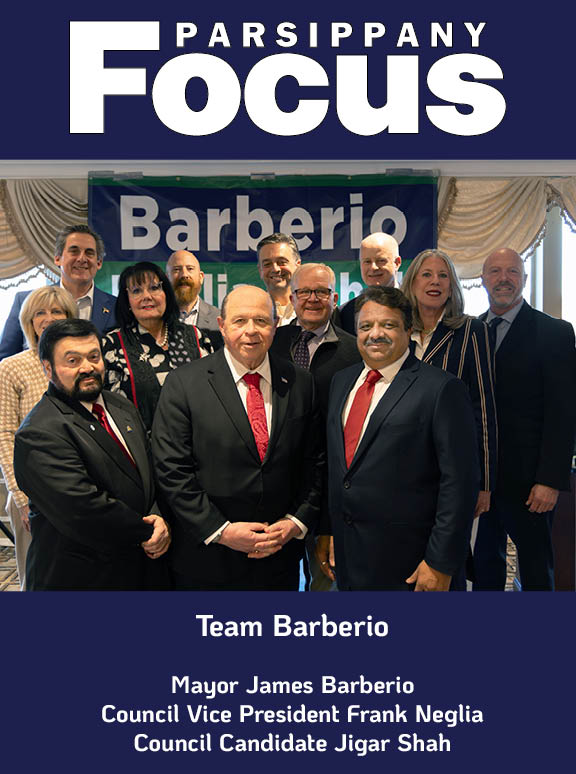Dear Editor:

About six weeks ago I heard a rumor that the office-to-apartment projects at 2-3 Campus Drive would be applying for a Payment-In-Lieu-Of-Taxes (PILOT) agreement and that the announcement would be deliberately withheld until after the general election so that it would not become a campaign issue. As evidenced by Thursday night’s PILOT ordinances, the rumor was right on the money.
Parsippany has already had one experience with residential PILOTs, which is Stanberry and the final result was a disaster. The current mayor and two of the current council members were not in office during the final Stanberry deliberations. So, for your benefit and as a reminder to the three council members who were present, I’d like to start off with a little history, and then review some of the things that we learned about residential PILOTs.
After all of the discussion about the PILOT agreement for the Stanberry project had been completed, the administration, the council, and the public finally realized that the Township of Parsippany was being taken advantage of. However, to everyone’s great disappointment, the council reluctantly approved that PILOT by a 4-1 margin. The four council members voting yes made it clear that they did not vote for approval on the merits of the agreement, but rather, out of fear of litigation. The only positive thing that came out of this fiasco was that the former Business Administrator, Keith Kazmark, announced publicly at the February 19, 2019, town council meeting that the administration and the council attended a meeting where developers were explicitly told that PILOTs will no longer be considered for residential properties in Parsippany.
PILOTs are drafted by the developer’s attorney, and every complex clause contained in the PILOT is designed to reduce the developer’s property taxes as much as the township will bear, usually by 50% or more. In the case of Stanberry, Parsippany could have received over 60 million dollars more in tax revenue over 30 years if the property were assessed according to conventional means.
We also found out during the Stanberry negotiations that the terms of the PILOT are constructed to achieve a specific profit margin or above for the developer, and that Parsippany is expected to agree to terms that will guarantee that profit margin. On several occasions, Parsippany asked for a certain clause to be modified but was rebuffed because it would reduce the developer’s profit margin to an unacceptable level.
Another thing we learned is that the developer does not accept any degree of risk in the PILOT. Who can forget the council meeting where Parsippany proposed a change to the PILOT, and the developer’s spokesman openly stated that they will not accept any conditions that involve potential risk? I thought Councilmember Carifi wanted to strangle the guy as he voiced what everyone in the audience was thinking, “Oh, I see, it’s OK for Parsippany to take risks in the PILOT, but not for the developer”.
If you haven’t yet been convinced how one-sided PILOTs are in favor of the developer, I’ll give you one more example. About six months after the PILOT was agreed to, Stanberry announced to the council that market conditions had changed and they needed additional favorable terms in the PILOT, threatening litigation if Parsippany did not approve them. In the end, Parsippany gave them what they wanted.
Because there are affordable housing units involved, the courts require Parsippany to provide the zoning changes necessary to build the development project at 2-3 Campus Drive. Parsippany has complied, thus avoiding the possibility of a builder’s remedy lawsuit. The courts also permit the developer to ask for a PILOT, but (and this is a key point), the governing body is under no legal obligation to grant one.
The Stanberry PILOT was an embarrassment for two mayors, the council, and the taxpayers of Parsippany. It will cost the township in the neighborhood of 60 million dollars in lost revenue over a 30-year period. With all of the budget problems, Parsippany cannot afford to repeat that mistake. Stop giving away the taxpayer’s money and kill all of these PILOT ordinances on the first reading.
Bob Venezia
















